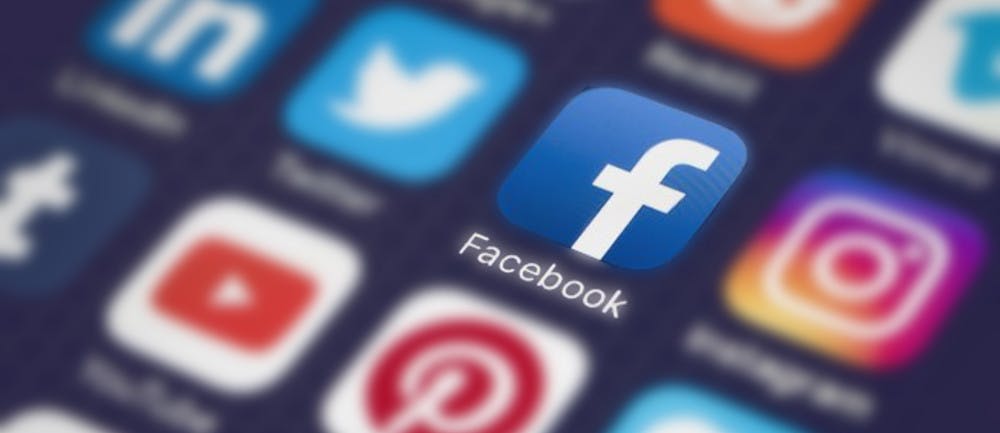While Facebook has certainly been taking a public flogging recently, there is little to suggest that advertisers are worried. Facebook released its most recent financial data and the figures show that their main source of income has grown, despite the trending #DeleteFacebook campaign.
Revenue is up a staggering 50%, as the second-largest online company took in USD$11.8 billion in advertising in Q1 alone.
If recent media reports are to be believed, Facebook users were abandoning the site in droves, but the figures tell a different story. Facebook reported a 13% increase in daily users (now at 1.45 billion people) over the period that included the Russian trolling and Cambridge Analytica scandals.
This key figure is the true reason that advertisers are keen to continue working with Facebook. It remains one of the most effective marketing strategies, with impressive returns on investment reported time and again. There is simply no other company that offers such a comprehensive dataset on potential customers. The quality and relevance of the data is unmatched, and advertisers would be foolish to pass it up over a scandal that will soon fall out of the news cycle.
It’s impossible to overstate how much the company knows about its users (and in some cases, even people who do not use the platform). The inferences about buying patterns and preferences are ultimately worth billions of dollars to companies, and you might say that the recent data compromise is just a price of doing business. There is little to no stigma attached to advertising on the social media platform, despite recent encouragement to abandon it. Corporations may take a fatalistic approach to this, whereby data security is accepted as dubious, but the responsibility does not fall to them to maintain user confidence.
An interesting side note for those who follow the figures: while there was a significant dip in advertising spent on Facebook in the days immediately following the Cambridge Analytica announcements, a swift increase soon filled the gap. What drove it?
This may have been the strategy that turned Facebook’s fortunes back to positive territory. Some big names did pull their advertising from Facebook, with much fanfare. It’s not unreasonable to suggest that smaller competitors took note and paid up for advertising to fill the vacuum. Much like the stock market, it’s often wise to buy when stocks are low and everyone else is getting out.
These are all very intense, but short-term movements in an arena that is well-established and looking to play a longer game. Large multinationals like Unilever and P&G are significant players in the advertising game but are slowly deprioritising social media in favour of traditional channels. Facebook certainly hasn’t suffered from this scandal but further knocks to user confidence and advertiser relevance could see significant challenges for the company.





